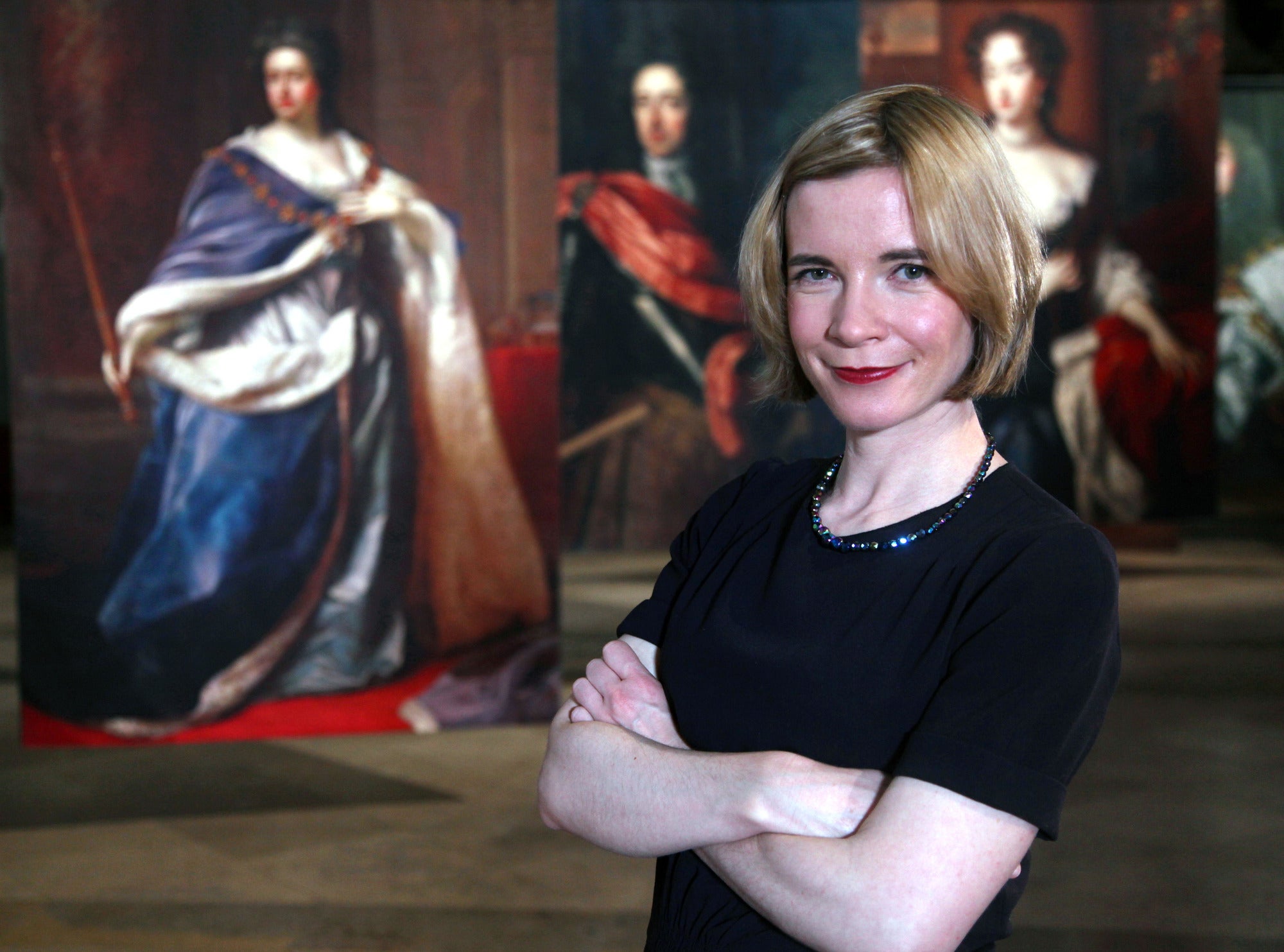The Independent's journalism is supported by our readers. When you purchase through links on our site, we may earn commission.
Lucy Worsley fears that women’s rights haven’t improved enough since Austen’s time
Although this year marks 250 years since the novelist’s birth, women are still on the hunt for financially eligible bachelors
This year might mark Jane Austen’s 250th birthday, but historian Lucy Worsley thinks women’s rights have not improved as drastically from the Regency period as people think.
Austen is known for novels Pride and Prejudice and Emma, in which its central women characters must navigate an era when the only way to secure inheritance and income was a prosperous marriage.
In an interview with the i Paper, historian and documentary star Worsley, the author of Jane Austen at Home, said: “I love Jane Austen, and yet I hear people say, ‘Why do we still need her?’
“Well, part of the answer is that the novels are all really entertaining, but also it’s because they have a message, which is that the world is not fair to women.”
Worsley added: “That was really obvious in the 1810s, and I’m sorry to say, I think these messages still hold meaning.”
She explained that there are still many situations where women feel like they have to marry for money. “It’s a trend on Instagram, for heaven’s sake! ‘How to find yourself a finance guy’.”
Last year, the song “I’m Looking for a Man in Finance” blew up on social media. The song was born from a TikTok post by Megan Boni (@girl_on_couch) and adapted for streaming by Billen Ted and David Guetta.

The viral tune inspired countless more videos of young women swarming to Canary Wharf and bougie London bars in order to find themselves a financially eligible bachelor.
“It’s so Pride and Prejudice,” said Worsley. “I can’t believe we’re still there.”
Best-remembered by its 1995 TV adaptation starring a soaking wet Colin Firth, as well as the 2005 Kiera Knightly film, Pride and Prejudice follows the romance of Elizabeth Bennet and Mr Darcy.

Watch Apple TV+ free for 7 day
New subscribers only. £9.99/mo. after free trial. Plan auto-renews until cancelled.
ADVERTISEMENT. If you sign up to this service we will earn commission. This revenue helps to fund journalism across The Independent.

Watch Apple TV+ free for 7 day
New subscribers only. £9.99/mo. after free trial. Plan auto-renews until cancelled.
ADVERTISEMENT. If you sign up to this service we will earn commission. This revenue helps to fund journalism across The Independent.
Pride and Prejudice follows Elizabeth Bennet and her sisters who, upon discovering that their cousin Mr Collins is set to inherit the house, rush to find a suitable husband. The book was adapted into a BBC miniseries in 1996, starring a soaking wet Colin Firth as Mr Darcy, and again in 2005. The film was directed by Joe Wright and starred Keira Knightley.
Worsley described how she was raised by a second-wave feminist who was also the first woman in her family to go to university. “My mother wanted me to be [barrister, broadcaster and House of Lords peer] Helena Kennedy. I think my generations thought it was our job to do the things our mothers were held back from doing. That’s where I’m coming from.”
She added that: “Growing up in the 1970s, all the messages were, ‘You can do this, you can break through’.”
The second series of Worsley’s Radio 4 programme and podcast Lady Swindlers with Lucy Worsley was released on Tuesday (13 May).
The programme, which is made by an all-female team, explores the nefarious deeds carried out by the transgressive women of the past.
Worsley made clear that the podcast is implicitly feminist: “We say that right at the top; we have a very clear contemporary agenda.”
Join our commenting forum
Join thought-provoking conversations, follow other Independent readers and see their replies
Comments
Bookmark popover
Removed from bookmarks